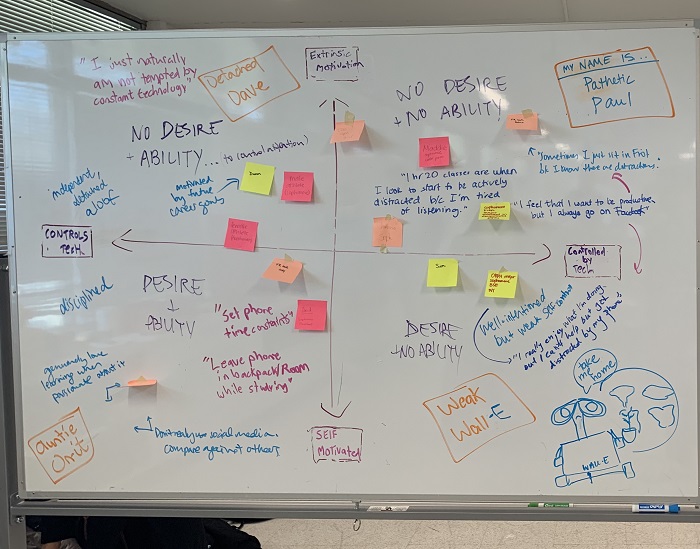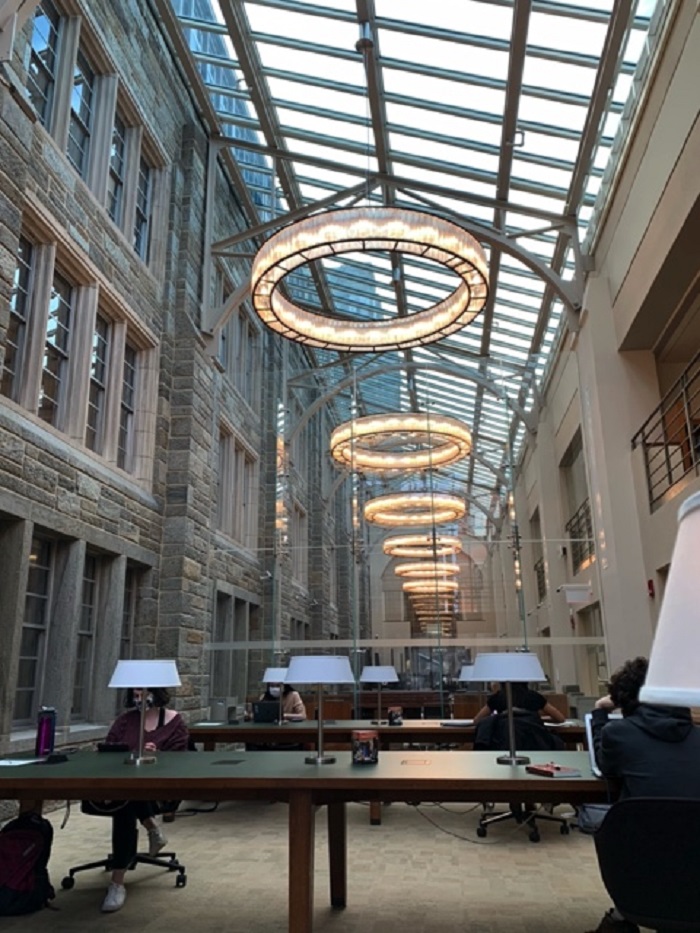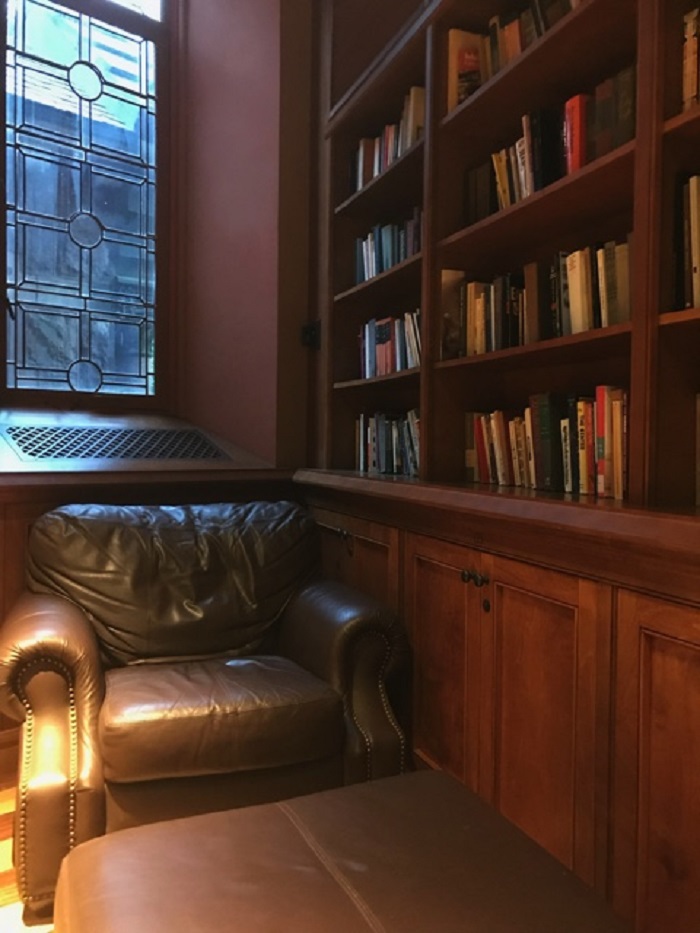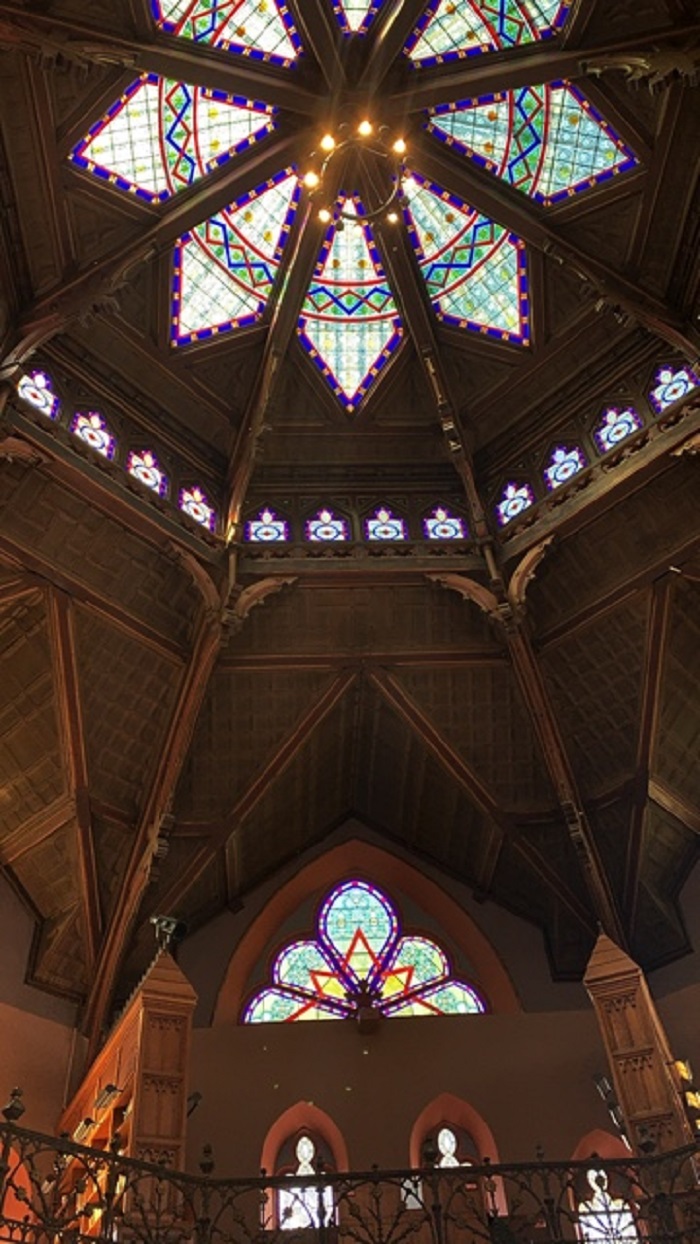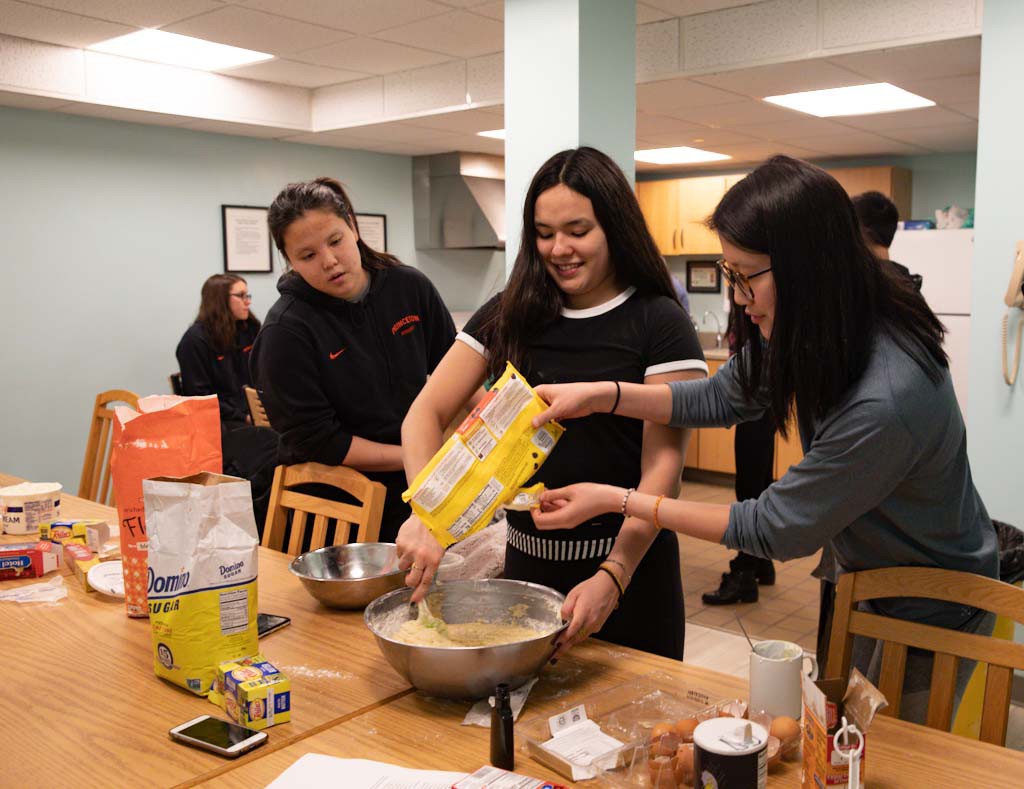The senior thesis is the capstone project of your Princeton career: it’s normally between 80 and 120 pages, and is an opportunity at once to explore an academic passion and to produce original academic research. It’s also a huge time commitment for seniors. Many seniors begin work — oftentimes, after receiving summer research grants or fellowships — on their theses shortly after their junior year. Procrastinating types often wait until later in the fall (or occasionally, until the new year) to get started.
This year is a little bit different for seniors, and for their theses. The travel grants that so many students look forward to receiving each year, which often afford them the opportunity to journey across the country or abroad to conduct first-hand research for their thesis, were unilaterally canceled due to COVID-19. The vast majority of seniors also don’t have the opportunity to work with their advisers in person; instead, that communication is happening largely over email. Many students who had hoped to work in laboratories have had to revise their thesis plans so that research can be conducted at home. And being off-campus for the fall has meant students don’t have access to libraries and study spaces where, just a year ago, it was common to see seniors, surrounded by books, typing away on their capstone projects.
But students and the University are adapting. My department, Politics, has worked hard to keep digital research funding available for seniors wherever possible, even if the pandemic has stolen much of the fun from its use. My thesis adviser and I have met over Zoom, and I’m excited and well prepared to begin my work. The University Library has stepped into overdrive, responding to student requests for scanned volumes and access to digital resources normally unavailable to off-campus students.
The senior thesis holds near-mythic status at Princeton; writing one is an experience shared by nearly all Princeton alumni, and many graduates cite it as the most fulfilling endeavor of their academic career. Writing a thesis is a way for seniors to explore future projects and career paths: Wendy Kopp, a member of Princeton’s Class of 1989, laid the framework for Teach for America, which she would go on to found, in her thesis. And, as is the case with most things, it would be impossible to argue the experience of piecing together a thesis will be quite the same this year. But I’ve been heartened by the way students, the faculty, and the University have come together to provide support for seniors in the home stretch of our Princeton careers.








